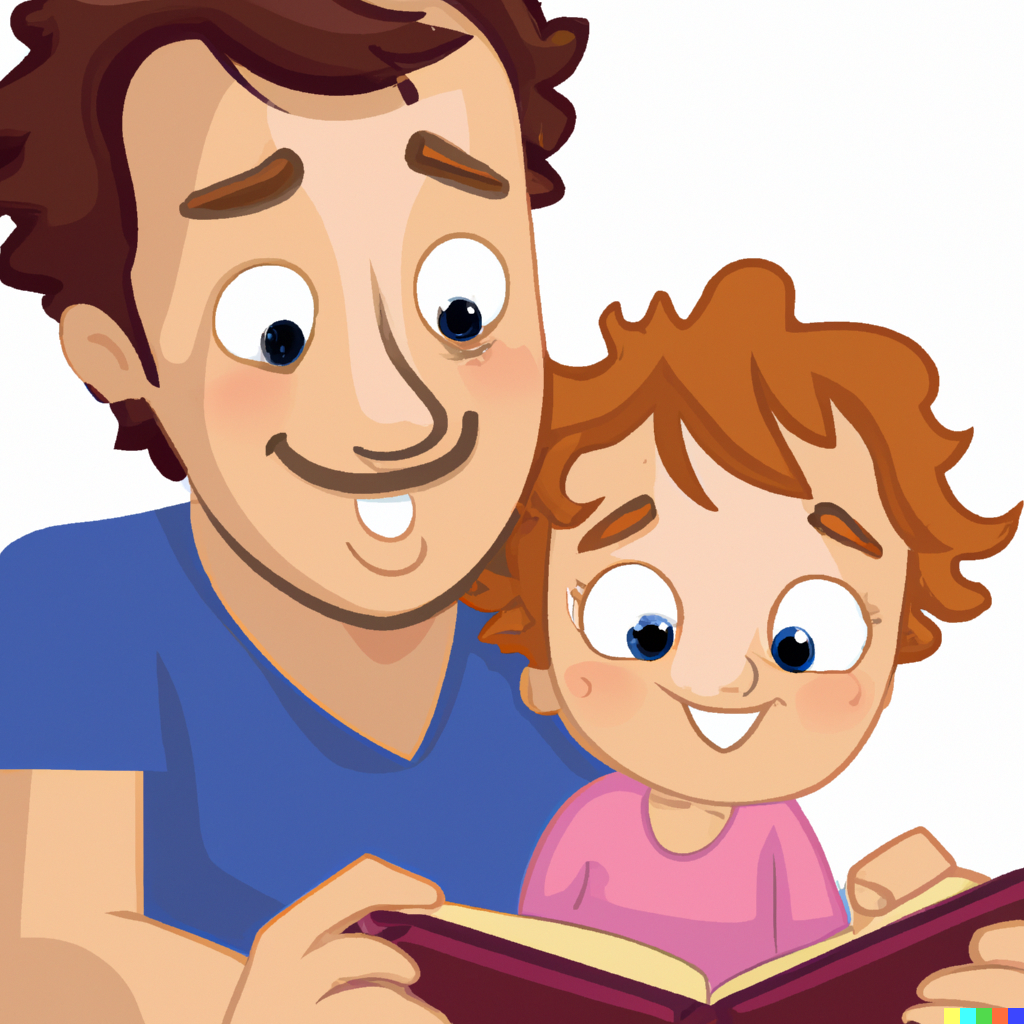For kids, reading with a parent or a caregiver has more benefits than reading an e-book alone. Electronic devices today, however, have become ubiquitous tools for communication, entertainment, and education. In fact, 98% of kids under age 8 have access to a mobile device, while kids between 3 to 5 years old spend, on average, as much as two and a half hours daily in front of a screen. That's a lot.
Researchers wanted to know how both e-books and printed books affect kids' learning. While 72% of parents agree that media helps their kids' learning, some studies conclude that most parents are generally too optimistic regarding the educational value of digital devices. For example, through shared book reading, parents tend to point at pictures and ask questions, fueling children's language and general development. Moreover, linking the books to children's own experiences improves their story comprehension.
A recent study shows that children can learn from e-books as well as printed books. However, even if they can learn some content from an e-book alone, this method cannot serve as a replacement for adult-child reading, as it lacks the physical contact and emotional closeness offered by reading with a parent or a caregiver. Actually, children reading with a parent showed greater physiological arousal and more positive emotions than when only listening to an e-book alone.
Interestingly, book format does not matter. Both kids and parents had stronger positive emotions when reading together, whether it was a traditional book or an e-book. This means that shared book reading is, first and foremost, about the actual interactions between the child and the adult. Listening to e-books alone doesn't bring the precious physical interaction that really contributes to expanding children's vocabulary, knowledge of sentence structure, and understanding of the text.
This new study leads to the conclusion that real shared book reading cannot be efficiently replaced by technology. Even if some e-books can be educational by themselves, the emotional experiences provided by a SHARED e-book reading offer the greatest educational benefits. E-books do not provide the personalized dialogue of a caregiver and a child reading side by side or face to face. As is pointed out in the study, "Those children who are mostly offered e-books are missing out on an emotional and intellectual experience bar none."

Picture: Dad and young child reading a book together (ChildUp.com / DALL-E - 2022)



